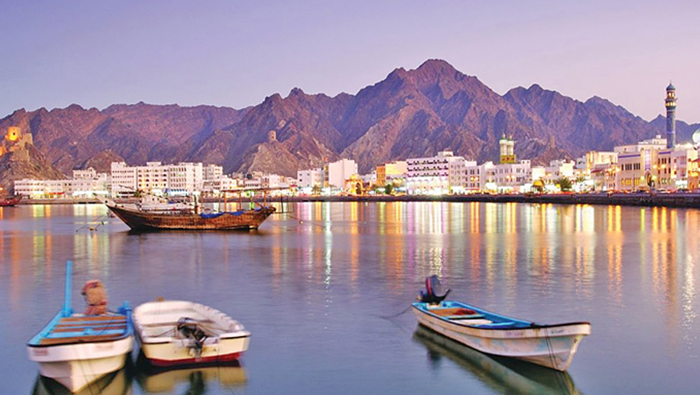
Muscat: Oman has been ranked 18th in Asia in the Digital Quality of Life (DQL) Index, according to a report from Surfshark, a cybersecurity company focused on developing humanised privacy and security solutions.
The fifth annual study ranked 121 countries by their digital wellbeing based on five core pillars with the Sultanate of Oman climbing overall four places globally from last year’s ranking to reach 61st in the world.
Out of the Index’s five pillars of ranking, Oman performed best in internet affordability, with a global 40th rank, but faced challenges in e-security, as it is ranked 88th.
Oman is placed 43rd in e-infrastructure, 53rd in e-government, and 74th in internet quality. In the overall Index, UAE is placed 38th while Saudi Arabia is 45th. Singapore is ranked No.1 in Asia.
“In many nations, ‘digital quality of life’ has merged into the broader concept of overall ‘quality of life’. There’s no other way to look at it now that so many daily activities, including work, education, and leisure, are done online. That’s why it’s crucial to pinpoint the areas in which a nation’s digital quality of life thrives and where attention is needed, which is the precise purpose of the DQL Index”, said Gabriele Racaityte-Krasauske, Surfshark’s spokeswoman.
According to the report, fixed internet averages 89 Mbps in Oman while mobile Internet averages 104 Mbps. Since last year, mobile internet speed in Oman has improved by 14 percent, while fixed broadband speed has grown by 31 percent. The report said that the internet is affordable in Oman compared to other countries.
In e-security, Oman improved by three places to reach 88th in the world. The e-security pillar measures how well a country is prepared to counter cybercrime, as well as how advanced a country’s data protection laws are. Oman outperforms the UAE, which ranks 90th, but lags behind Saudi Arabia, which takes 42nd place in the e-security pillar.
Oman is 43rd in e-infrastructure and 53rd in e-government.
Advanced e-infrastructure makes it easy for people to use the internet for various daily activities, such as working, studying, and shopping.
This pillar evaluates how high internet penetration is in a given country, as well as its network readiness (readiness to take advantage of Information and Communication Technologies).
Oman’s Internet penetration is high reaching 95 percent to be 19th in the world, and the country ranks 51st in network readiness.
The e-government pillar shows how advanced a government’s digital services are and the level of Artificial Intelligence (AI) readiness a country demonstrates. Oman’s e-government is above the global average.
The DQL Index 2023 examined 121 nations (92 percent of the global population) based on five core pillars that consist of 14 indicators. The study is based on the United Nations’ open-source information, the World Bank, and other sources.
This year’s study includes four more countries than DQL 2022, reaffirming Surfshark’s commitment to global representation.